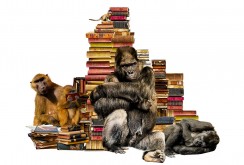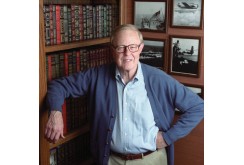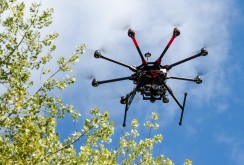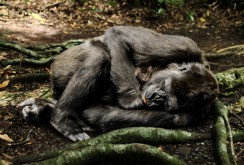
PR for People® Reviews:
Synergistic Selection – Peter Corning
World Scientific – 304 pp - $29.95
Let’s get this out of the way first: “Synergistic Selection” is an academic-sounding and alliteratively off-putting mouthful of a title. But you’d be doing yourself a disservice if you let that keep you away from this book.
Author Peter Corning is the director of the Institute for the Study of Complex Systems. With a Ph.D. and a raft of books and publications to his name, his work focuses on evolution, the biological bases of behavior, synergism, bioeconomics, and ethics. His latest book is, at its core, academic in nature. Yet Corning is also a gifted writer, with an enviable knack for explaining complex ideas in an erudite but also graciously conversational way.
When you first pick up “Synergistic Selection,” you may or may not have any interest in Corning’s assertion that evolution is driven less by competition, and more by the selective advantages provided by cooperation and interdependence. But in a matter of pages, with charming references to Plato and children’s picture books and Winston Churchill and much more, the author will have lured you into his repudiation of the “selfish gene” model of evolution.
Simultaneously, he promotes his urgent argument for the necessity of a theoretical shift that recognizes altruism, empathy and reciprocity as the determining factors in the future evolution of humankind.
But this is kumbaya with teeth. Corning believes that humankind is on the path to ruining our biosphere, and if we hope to turn things around, there necessarily will be costs: consumerism and rampant technological advances will need to be reined in, overpopulation will need to be addressed, and “the private sector must be subordinated to the common good.”
And he suggests that we humans, who have embraced individualism as our birthright in many societies around the globe and perhaps deluded ourselves into thinking that we are at the top of the evolutionary heap, must reconceive of our species as one part of a “global superorganism” that is engaged in a collective enterprise for survival.
“Synergistic Selection” is an invigorating and eloquent challenge to think more deeply about the way evolution works.
Barbara Lloyd McMichael writes book reviews for the Seattle Times and is also the author of the syndicated book review column “The Bookmonger.” Her PR for People® Book Review is written exclusively for The Connector.














